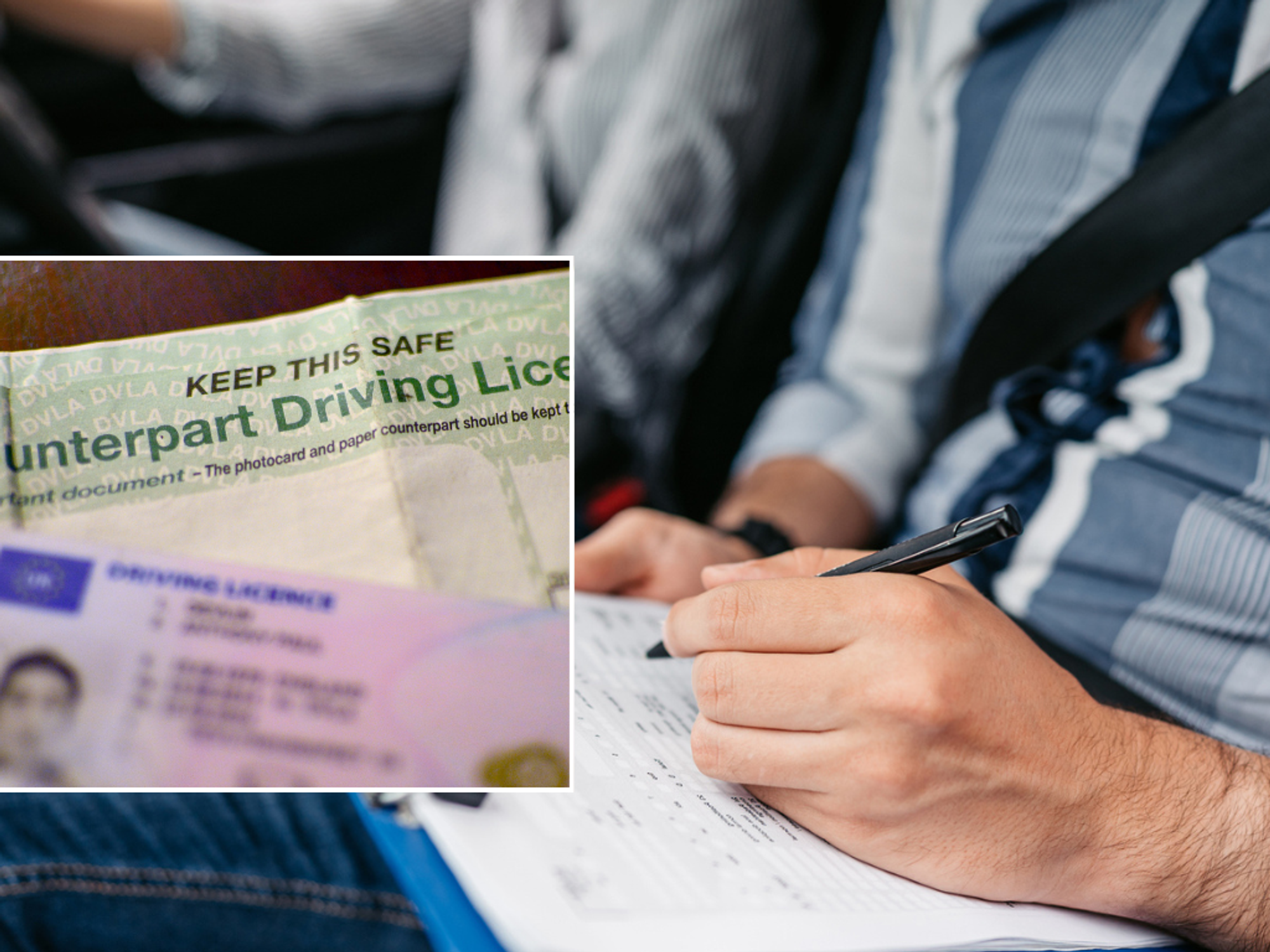Petrol and diesel drivers are set to save money at the pumps thanks to two new measures
Don't Miss
Most Read
Trending on GB News
British drivers have been reminded of some of the new motoring rules introduced over the last month which they may have missed but could have a huge impact on their travels.
March was dominated by the Spring Budget and the lead-up to the new financial year, with many vital decisions being made to help drivers and Britons in general save money.
While there was a mixed response to the amount of help given to drivers, many will be hoping for new measures to support hard-pressed measures in April.
GB News has rounded up the most important new driving laws and rule changes introduced over the last month and what they could mean to you.
Do you have a story you'd like to share? Get in touch by emailingmotoring@gbnews.uk
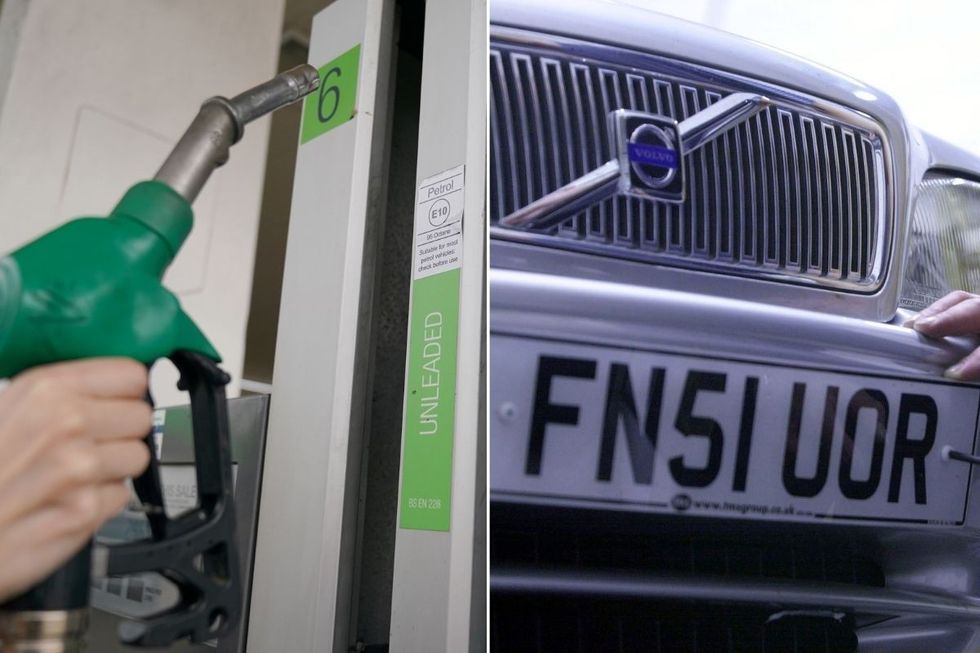
A number of new driving laws were introduced this month
PA
Spring Budget
Chancellor Jeremy Hunt unveiled the Government’s financial plans for the coming year ahead on March 6 and included some pertinent details for drivers.
The main headline for motorists was the extension of the 5p per litre cut to the rate of fuel duty, helping petrol and diesel vehicle owners save around £50 across the year.
The extension will run for another 12 months after the Chancellor cancelled the planned increase in line with inflation for 2024-25.
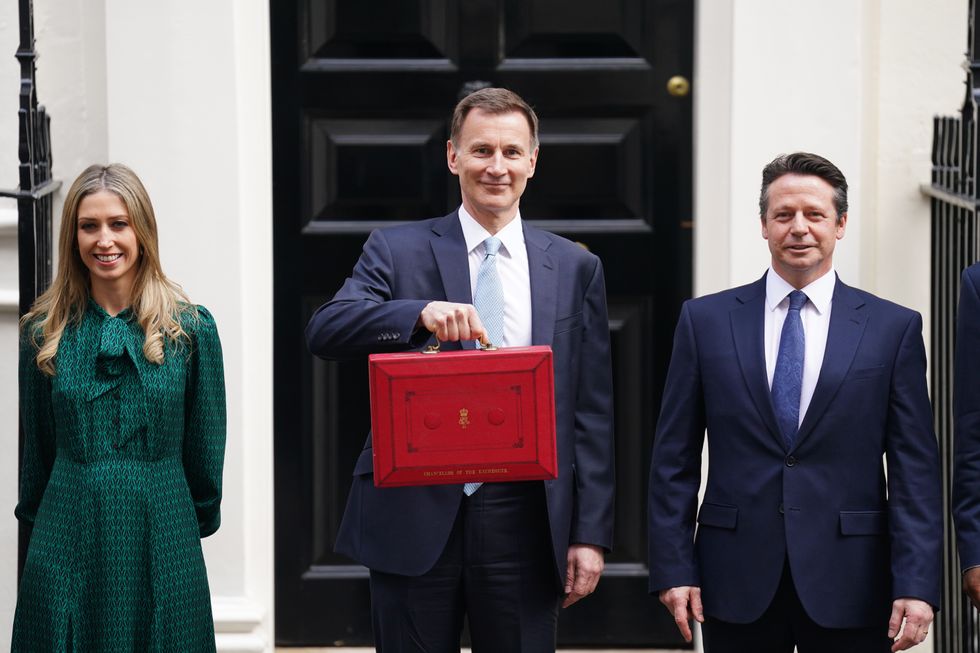
Jeremy Hunt delivered the Spring Budget earlier this month
PAAdditional funding was provided to make electric vehicles “ever-more efficient” with a £120million boost for the Green Industries Growth Accelerator (GIGA).
Around £270million of investment was announced via Advanced Manufacturing to “develop the UK’s capabilities in zero emission vehicle and clean aviation technologies”.
However, Hunt did not announce any lifelines for motorists struggling with the rising cost of car insurance, despite calls from motoring experts to cut Insurance Premium Tax, which could have delivered an immediate saving of £67.
The Budget documents also failed to outline any changes to car tax rates or Benefit-in-Kind rates. It was announced last year that Vehicle Excise Duty would increase in line with inflation, although the exact figures have not yet been released.

Non-compliant vehicles can now be donated to help the Ukrainian war effort
PAUlez
London Mayor Sadiq Khan unveiled a long-awaited scheme designed to allow vehicles that have gone through the Ulez scrappage scheme to be donated to Ukraine to support humanitarian and medical needs.
After March 15, applicants to the Ulez scrappage scheme will be able to receive a £2,000 scrappage grant and donate their non-compliant cars to Ukraine to ensure the vehicles can stay on the roads for longer.
Commenting on the scheme, Khan said: “I have worked quickly to amend our scrappage scheme so that from next week, non-compliant vehicles can be donated to Ukraine, helping to meet medical and humanitarian needs while also removing old, polluting vehicles from London’s roads.”
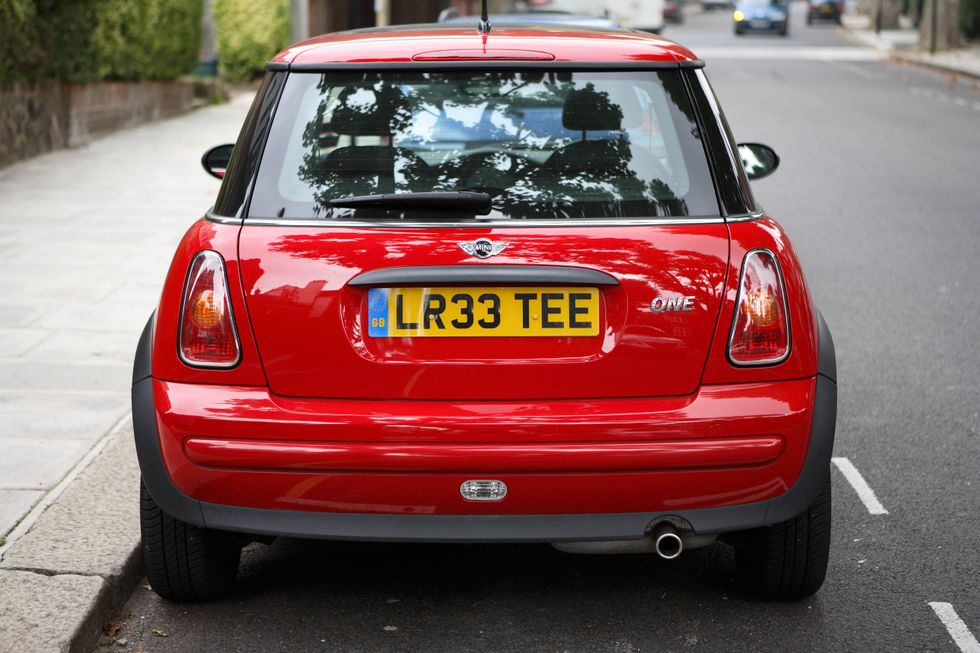
New '24' number plates were launched on March 1
GETTYNumber plate changes
New number plates were rolled out on March 1, 2024, in keeping with rule changes first introduced in 2001, with forecourts across the country welcoming the new registrations.
Drivers will now be able to get their hands on a new vehicle with the “24” identifier on their number plate, with further changes coming in September with the “74” plate.
The so-called “new reg day” often sees an uptick in car sales thanks to drivers looking to get their hands on the recently released plates.
LATEST DEVELOPMENTS:
- Congestion Charge madness spreads to the US with drivers set to be charged $15 to drive in New York City
- Chinese car brand could launch factory in the UK and introduce popular electric vehicles within months
- Hydrogen plans could see fuel cell vehicles 'become more affordable and commonplace' on UK roads
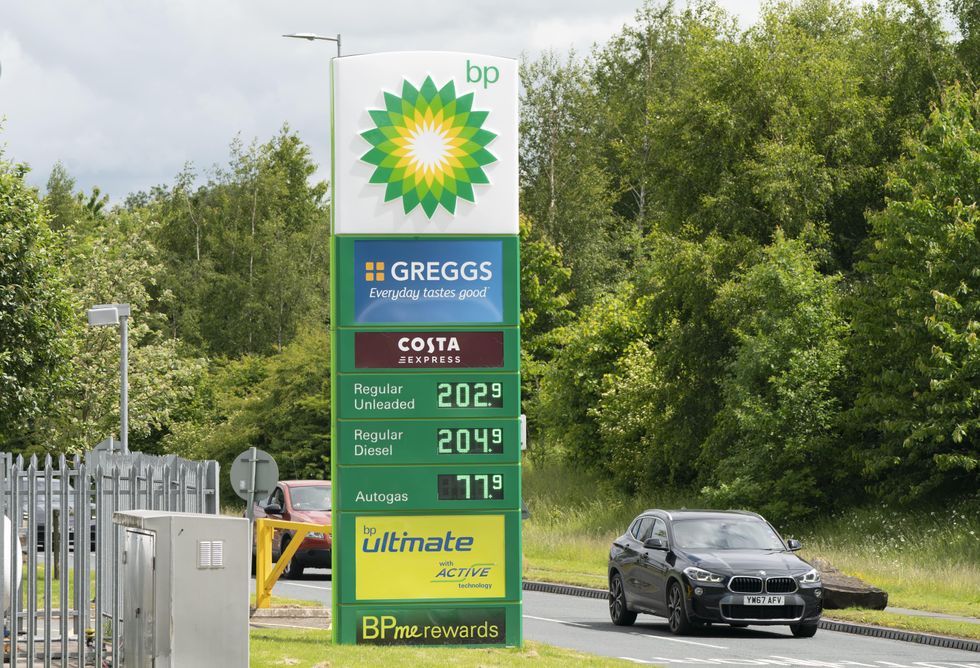 Petrol and diesel prices peaked in June and July 2022 PA
Petrol and diesel prices peaked in June and July 2022 PAPetrol and diesel prices
Howard Cox, founder of the FairFuelUK campaign, praised the Government’s progress with the so-called PumpWatch scheme which will see supermarkets and major retailers publish live data on fuel prices.
Demand for the scheme spiked in recent months after data from the Competition and Markets Authority (CMA) found that major retailers and supermarkets overcharged drivers by £900million in 2022 alone.
Following the conclusion of the Government’s consultation on March 12, there are hopes a national fuel price checker will be launched in the coming months to give drivers the chance to plan ahead and save when they go to the pumps.







